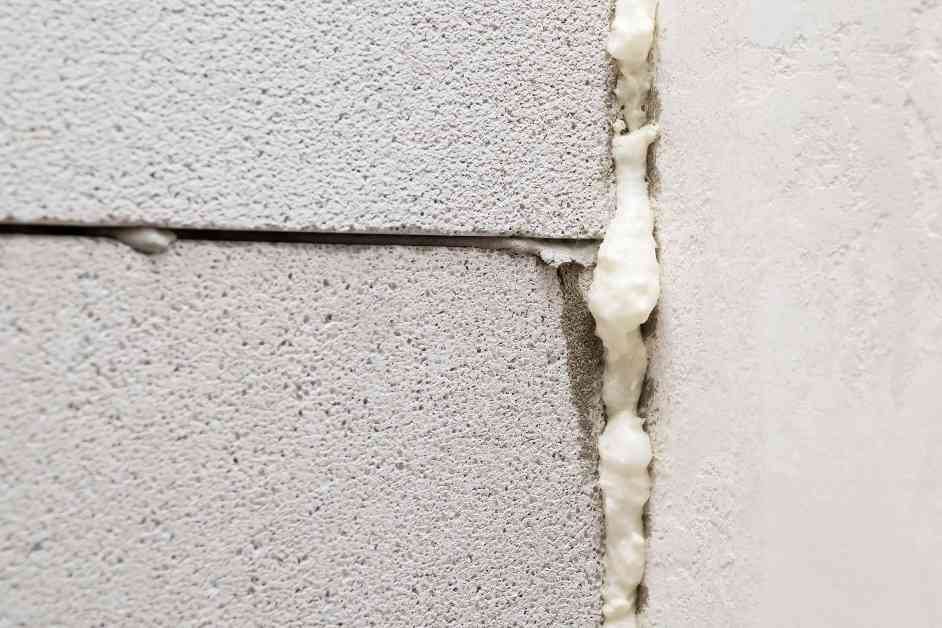Scottish Liberal Democrats Push for National Register of Buildings with RAAC
The Scottish Liberal Democrats are intensifying their call for a national register of buildings constructed with reinforced autoclaved aerated concrete (RAAC) in the wake of a significant number of council homes being identified as at risk due to this material. The party has been pressing the government for updated information regarding the extent of RAAC usage in public and private buildings across various regions in Scotland.
Demolition of RAAC-Affected Homes in Aberdeen
Recent developments in Aberdeen have highlighted the urgent need for action in addressing the risks posed by RAAC. More than 500 homes in the city have been identified as being affected by the collapse-risk concrete, leading to the decision to demolish these structures. Among these homes, approximately 366 council-owned properties in the Balnagask area are slated for demolition, with residents being reassigned to alternative housing options. Additionally, 138 private properties in the same vicinity will also be torn down, with the city council facilitating voluntary agreements with property owners to facilitate the process.
Independent surveyors have deemed demolition as the most viable solution to eliminate the dangers associated with RAAC in these buildings. The presence of RAAC has not been confined to Aberdeen alone, as Liberal Democrat leader Alex Cole-Hamilton pointed out instances of this material being used in council houses in regions such as Angus, Clackmannanshire, Dundee, North Lanarkshire, Stirling, South Lanarkshire, Edinburgh, and West Lothian.
Need for Comprehensive Action
The alarming prevalence of RAAC in various public sector buildings, including schools, hospitals, and police stations, underscores the necessity for a coordinated and comprehensive approach to addressing this issue. Mr. Cole-Hamilton emphasized the far-reaching impact of RAAC-related concerns, stating, “In Aberdeen, hundreds of people have had their lives turned upside down. No-one should have to worry about whether the roof above their head could pose a danger to them or their family.”
The Scottish Government has come under scrutiny for what has been perceived as a lackadaisical attitude towards the presence of dangerous concrete in buildings. Despite calls from the Liberal Democrats for a dedicated fund to assist public authorities in tackling RAAC-related challenges, there appears to be a reluctance on the part of the SNP to prioritize this issue.
Call for a National Register and Collaborative Efforts
Against this backdrop, the Scottish Liberal Democrats are advocating for the establishment of a national register of buildings with RAAC to ensure transparency and accountability in addressing this issue. Mr. Cole-Hamilton stressed the importance of collaboration between the Scottish Government and local authorities to safeguard the safety of residents and mitigate the risks posed by RAAC. He emphasized the need for a proactive approach that involves sharing recommendations and best practices among public authorities to effectively manage buildings with RAAC.
Housing minister Paul McLennan reiterated the government’s commitment to addressing RAAC-related concerns, highlighting the importance of building owners taking responsibility for the safety of their properties. He emphasized the need for clear communication between building owners and occupants regarding the presence of RAAC to ensure that appropriate measures are implemented to mitigate risks.
In conclusion, the push for a national register of buildings with RAAC reflects a proactive stance towards addressing the challenges posed by this material in construction. By fostering collaboration between government bodies, local authorities, and building owners, it is possible to create a safer environment for residents and ensure that buildings are compliant with safety standards. The Scottish Liberal Democrats’ advocacy for comprehensive action underscores the importance of prioritizing public safety and taking proactive measures to address potential risks associated with RAAC in buildings across Scotland.
































